Your vet is holding back.
Not because they want to—but because there’s no time between stool samples and squirmy puppies to spill the real tea.
Behind every calm smile and gentle voice is a storm of thoughts like: “Please stop feeding that,” “No, that’s not normal,” and “Why did you Google it first?”
This isn’t about guilt. It’s about truth bombs.
The kind that can save you money, heartbreak, and way too many emergency visits.
From secret health red flags to the weird stuff dogs actually need (and what they really don’t), these are the 17 things your vet is silently begging you to understand.
And trust us—it’s not what you think.
Understanding Canine Body Language

With a wag of their tail or tilt of their head, dogs communicate volumes. A wag isn’t always friendly; sometimes, it’s a sign of anxiety. Observing your pet’s eyes, ears, and posture gives clues to their emotions. Dogs may lower their heads when they feel threatened. On the other hand, a relaxed body often indicates happiness. Notice these signals, and respond appropriately to build trust and comfort. Did you know? Dogs have over a dozen distinct tail movements, each signifying a different emotion or intention.
Importance of Regular Dental Care
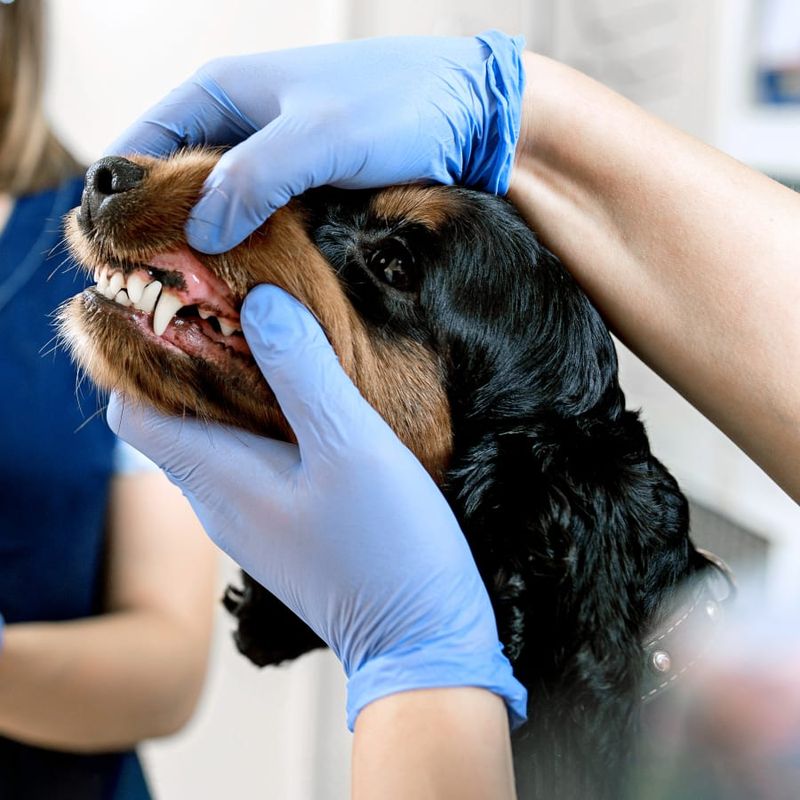
Many pet owners overlook their dog’s dental health. Regular brushing can prevent plaque buildup and gum disease. Dental issues are common and can lead to serious health problems. Vets recommend annual dental check-ups. Providing dental chews can also support oral hygiene. Remember, a healthy mouth leads to a happy dog. Fun fact: Dogs have 42 teeth, making dental care crucial for their overall well-being.
The Role of Nutrition in Longevity
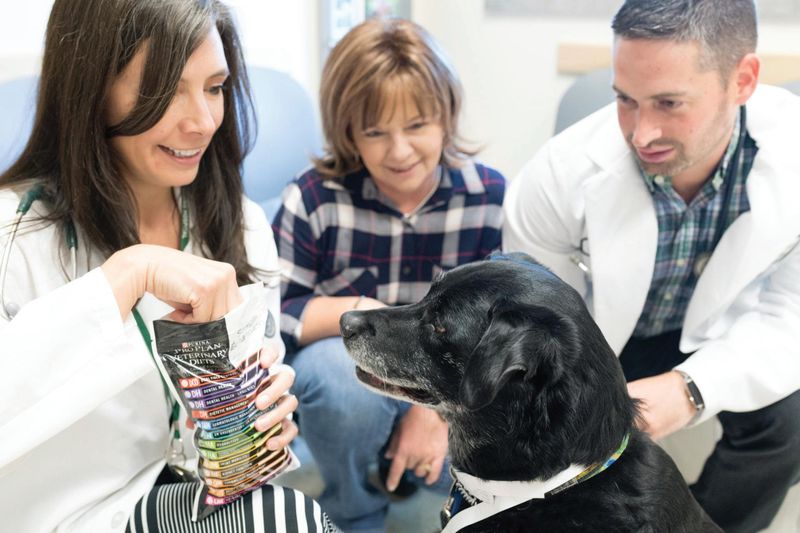
Food is more than just fuel for your dog; it’s a key to their longevity. A balanced diet supports vital organ functions and energy levels. Choose foods rich in proteins, vitamins, and minerals. Avoid table scraps as they can upset stomachs and cause obesity. Consult your vet for tailored dietary advice. Fun fact: Dogs’ nutritional needs vary greatly depending on age, breed, and activity level, so personalized plans are best.
Socialization: Key to a Well-Behaved Dog
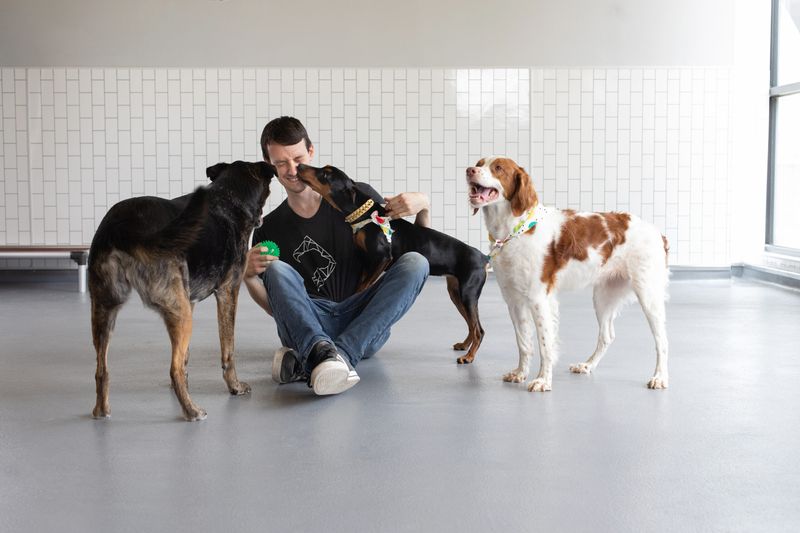
Socialization from an early age shapes a dog’s behavior. Introducing puppies to diverse environments and faces helps them grow into adaptable adults. Socialized dogs tend to be less anxious and are more enjoyable companions. It’s never too late to start, but early exposure yields the best results. Did you know? The critical socialization period is within the first three months of a puppy’s life.
Understanding Breed-Specific Needs
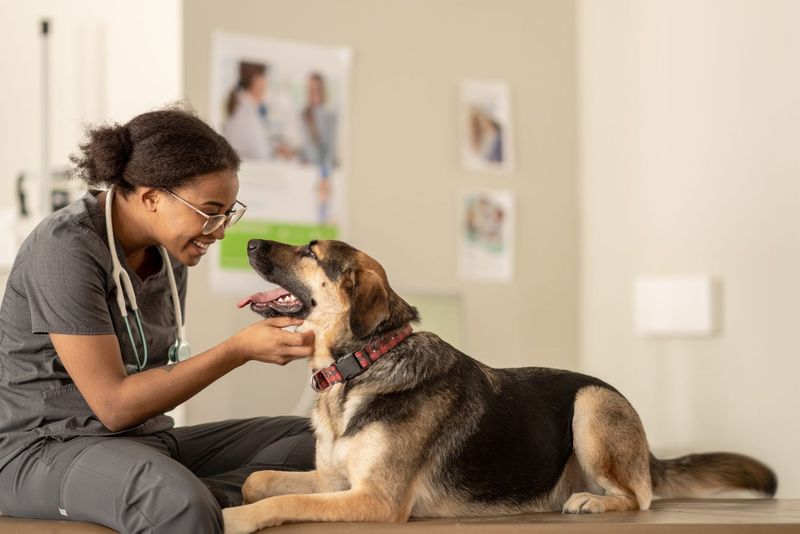
Each breed has unique characteristics and requirements. From exercise to grooming, understanding these can enhance your pet’s life. Working breeds might need more physical activity, while toy breeds may require less. Be mindful of breed-related health issues. Tailoring care to your dog’s breed can prevent problems and promote well-being. Did you know? Some breeds, like Dalmatians, require special diets due to genetic predispositions.
The Significance of Regular Vet Visits

Regular veterinary examinations are crucial for early detection of health issues. These visits allow vets to monitor your dog’s development and vaccinate against diseases. Routine check-ups lead to a longer, healthier life. Vets can also provide valuable advice on diet, behavior, and preventive care. Did you know? Dogs age faster than humans, making semi-annual visits important, especially for older dogs.
Recognizing Signs of Pain or Illness
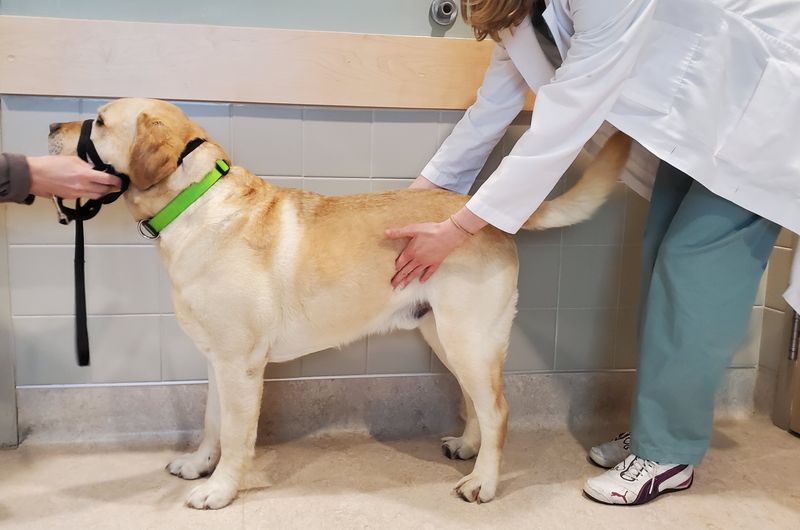
Dogs can’t tell you when they’re in pain, but they show it in their behavior. Limping, excessive panting, or changes in eating habits can indicate discomfort. Always consult your vet if you notice these signs. Catching illness early improves treatment outcomes. Did you know? Dogs often hide their pain as a survival instinct, making it essential for owners to be observant and proactive.
Exercise: The Cornerstone of Health

Regular exercise is vital for a dog’s physical and mental health. It helps maintain weight and reduces destructive behaviors. Exercise should be appropriate for your dog’s age and breed. Engaging in activities strengthens your bond. Tailor routines to your pet’s needs for best results. Did you know? Active breeds like Huskies can run up to 100 miles a day during sled races.
The Importance of Mental Stimulation

Mental stimulation is as crucial as physical exercise. Bored dogs may develop behavioral issues. Interactive toys and training sessions challenge their minds. Regular mental activities keep dogs happy and prevent anxiety. Variety is key; switch up toys and activities. Did you know? Some breeds, like Border Collies, excel in problem-solving tasks due to their high intelligence.
Flea and Tick Prevention
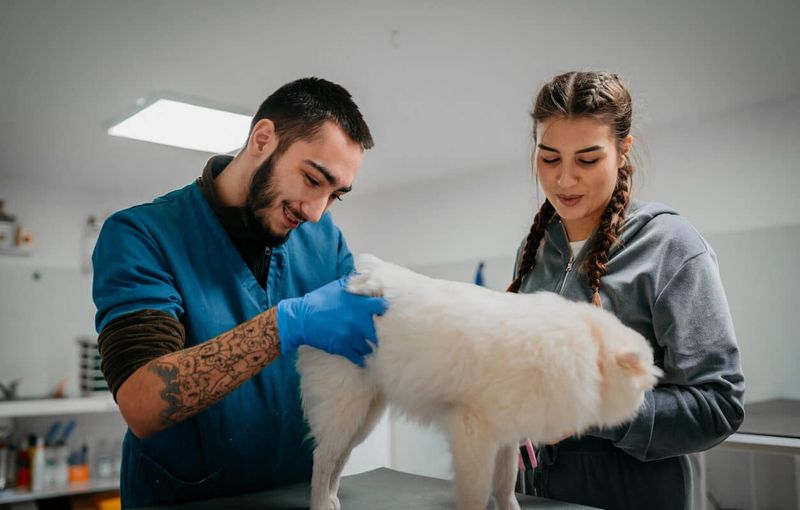
Fleas and ticks are more than nuisances; they carry diseases. Preventive treatments are essential, especially in warm months. Various options include topical treatments, collars, and oral medications. Consult your vet to find the best solution. Consistent prevention protects your dog and home. Did you know? Ticks can transmit Lyme disease, which affects both dogs and humans.
Training: Foundation for Obedience
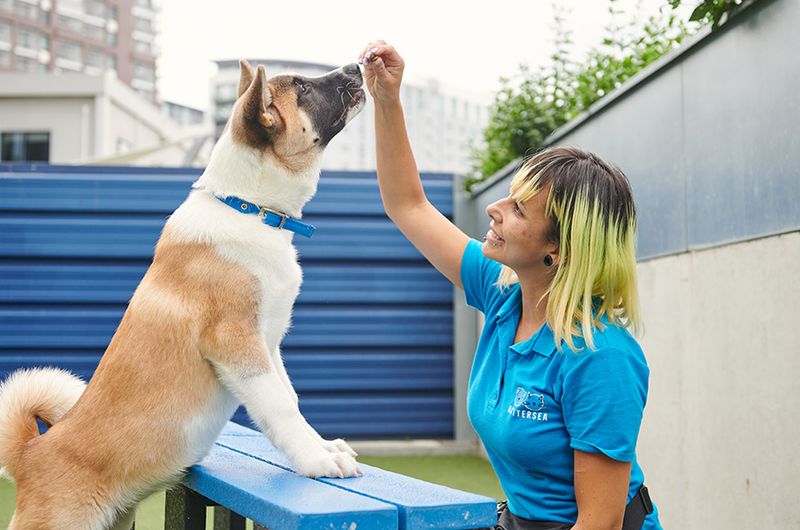
Training is essential for a harmonious life with your dog. It establishes boundaries and fosters respect. Consistent, positive reinforcement is key. Training sessions should be short and engaging. Begin with basic commands like sit and stay. Did you know? Dogs with early training are less likely to display aggressive behaviors and are more sociable.
Understanding Canine Aging

Dogs age more quickly than humans, leading to changes in health and behavior. Older dogs may slow down or become less eager to play. Regular vet visits are crucial to monitor health. Tailor diet and exercise to their changing needs. Did you know? Larger breeds often age faster than smaller breeds, requiring earlier geriatric care.
The Value of Spaying and Neutering

Spaying and neutering offer health and behavioral benefits. These procedures can prevent certain cancers and reduce aggression. They also help control the pet population. Consult your vet about the best time for surgery. Recovery is typically quick with proper care. Did you know? Neutered dogs tend to live longer, healthier lives due to reduced risk of reproductive issues.
The Impact of Stress on Dogs
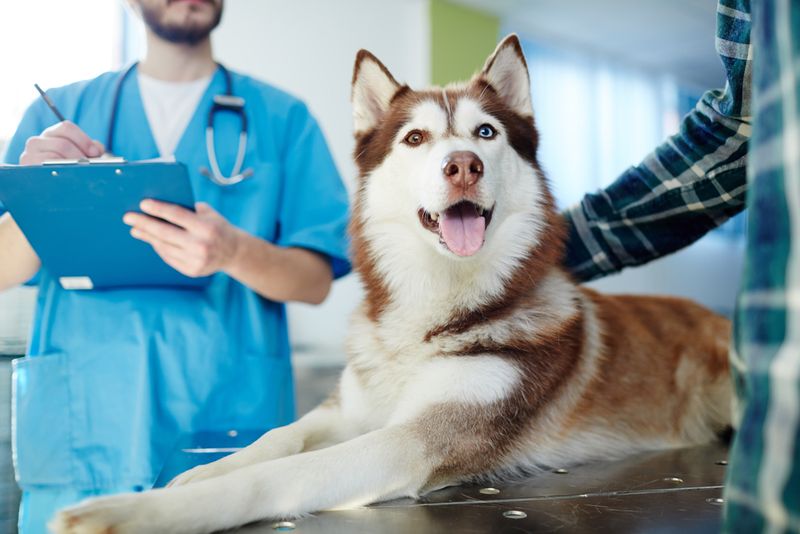
Stress affects dogs, leading to health and behavior changes. Recognizing signs of stress, like pacing or excessive barking, is vital. Provide a calm environment and regular routines. Consult your vet if stress seems severe. Fun fact: Dogs can mirror their owner’s emotions, so maintaining your own calm can help them relax.
Recognizing Allergies in Dogs

Allergies can cause discomfort for your pet. Symptoms include itching, redness, and digestive issues. Identifying allergens is key to treatment. Common culprits are food, pollen, and fleas. Your vet can perform tests to determine the cause. Managing allergies improves quality of life. Did you know? Some breeds are more prone to allergies, requiring special attention.
Understanding Canine Vaccinations

Vaccinations protect dogs from infectious diseases. Core vaccines are essential for all dogs, while non-core vaccines depend on lifestyle. Keeping your pet’s vaccinations up-to-date is vital. Consult your vet for a tailored vaccination schedule. Fun fact: Rabies vaccines are required by law in many areas to protect both pets and the public.
Selecting the Right Toys

Toys provide entertainment and relief from boredom. Choose toys appropriate for your dog’s size and play style. Avoid toys that can be easily swallowed. Rotate toys to keep your pet interested. Quality toys support mental and physical health. Did you know? Puzzle toys can enhance problem-solving skills and provide much-needed brain exercise.

